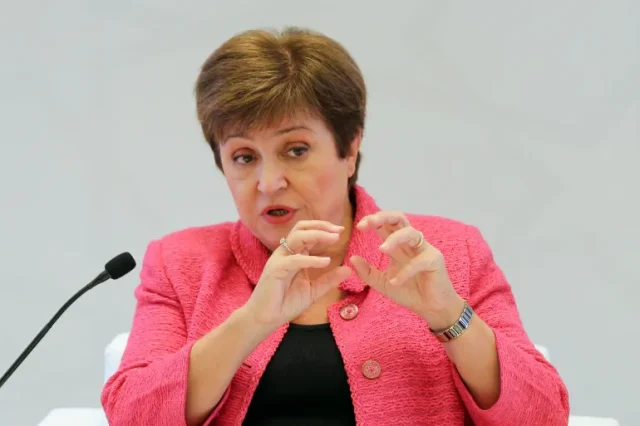The International Monetary Fund (IMF) has stated the after four turbulent years, the economic outlook for countries like Ghana in the sub-Saharan Africa is gradually improving.
It noted that growth will rise from 3.4% in 2023 to 3.8% in 2024, with nearly two-thirds of countries anticipating higher growth.
“Economic recovery is expected to continue beyond this year, with growth projections reaching 4.0% in 2025. Additionally, inflation has almost halved, public debt ratios have broadly stabilized, and several countries have issued Eurobonds this year, ending a two-year hiatus from international markets”, the Fund indicated.
It however pointed out that not all is favourable.
The Washington-based multilateral institution said the funding squeeze persists as the region’s governments continue to grapple with financing shortages, high borrowing costs, and impending debt repayments.
“Risks to the outlook remain tilted to the downside. The region continues to be more vulnerable to global external shocks, as well as the threat of rising political instability, and frequent climate events,” it stressed.
However, the IMF indicated that three policy priorities can help the countries adapt to these challenges.
These are improving public finances without undermining development; monetary policy focused on ensuring price stability; and implementing structural reforms to diversify funding sources and economies.
In the light of these challenges, the IMF concluded that sub-Saharan African countries will need additional support from the international community to develop a more inclusive, sustainable, and prosperous future.









































